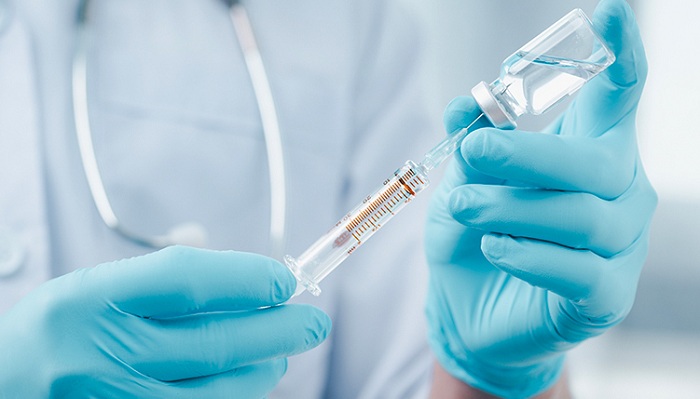Several health experts and campaigning groups have urged India and South Africa to reject the latest draft of the negotiated consensus document for Covid-19 vaccine patent waiver agreed between the US, the EU, India and South Africa.
The collective letter published by People’s Vaccine Alliance in India asked the government of India’s Ministry of Commerce and Industry to push the World Trade Organisation (WTO) towards waiving all forms of intellectual property on the Covid-19 vaccine ahead of WTO’s General Council meeting. The call has been endorsed by representatives of health networks in six states.
The health experts welcomed the efforts by the respective national governments and WTO for Trade-Related Aspects of Intellectual Property Rights (TRIPS) waiver but highlighted several flaws in the proposed provisions which have been accessed by media and civil society groups. The proposed agreement largely reiterates existing flexibilities and narrows the scope of the agreement from a full IP waiver on all medical technologies for the course of the pandemic, to only access to vaccines.
Anjela Taneja, Member of People’s Vaccine Alliance in India said, “Over 100 countries across the world have been looking to India’s leadership in the WTO to protect their aspirations to a full waiver on all IP on medical technologies for the duration of the pandemic. Instead, this deal only applies to patents and not copyrights, trademarks and diagnostics. Access to trade secrets is critical for the rapid production of vaccines at an affordable price. This is India’s moment to continue to show the leadership it has shown until now and deliver a true peoples’ vaccine for the world.”
The deal postpones a decision on IP for treatments and diagnostics which are equally important for saving lives. IP barriers are probably higher for treatment with only 427 of the 5293 Covid-19 patent filings being for vaccines; in effect, 92 per cent were not for vaccines. Removing intellectual property barriers for treatments, tests and other medical technologies (such as genomic surveillance) will have an even faster impact (via generics) compared to vaccines.
The vaccine waiver further limits “eligible members” to developing countries that exported less than 10 per cent of world exports of Covid-19 vaccine doses in 2021. This means many countries with significant manufacturing capacity for Covid-19 vaccines, will be unable to avail of the waiver. Limiting the scope of the vaccine waiver even in the third year of the pandemic is ill-conceived.
The government of India needs to focus on four key aspects of the Covid-19 vaccine waiver to provide vaccines for the entire world. The framework of the agreement should include therapeutics and diagnostics. It should also ensure all forms of intellectual property are waived. There should be no geographic barriers to the IP waiver. The procedure for authorisation is simplified and does not require the listing of all patents or notification to the TRIPS council.
Since October 2020 governments of India and South Africa have been at the forefront of the efforts for Covid-19 vaccine patent waiver at WTO. India and South Africa had sought temporary relaxations for intellectual property, patents and other such provisions laid out under the TRIPS Agreement of the WTO to ramp up manufacturing. This was being supported by over 100 largely low- and middle-income nations, who are calling on the WTO for a waiver of IP protections on Covid-19 products during the pandemic, a move so far opposed by the pharmaceutical industry and many high-income countries (HICs).


















